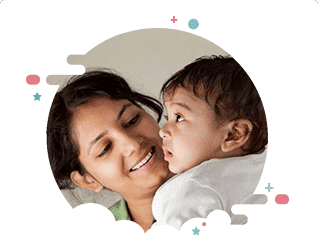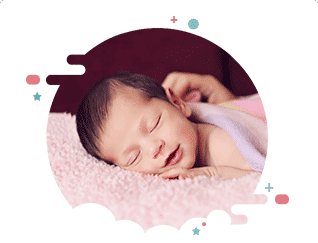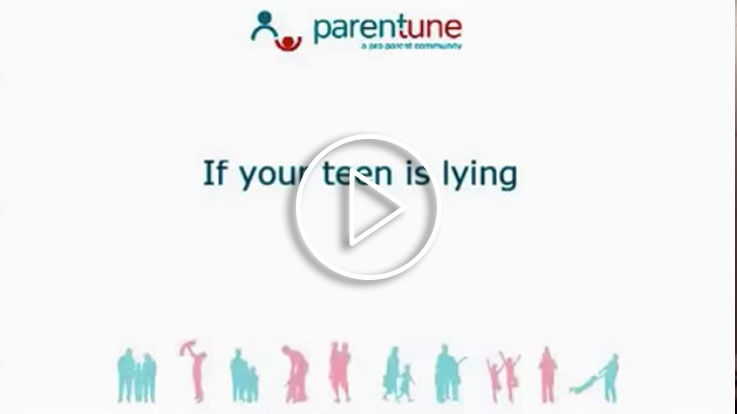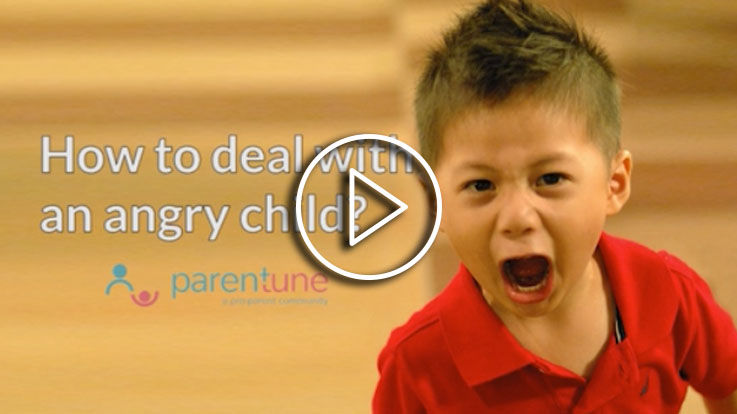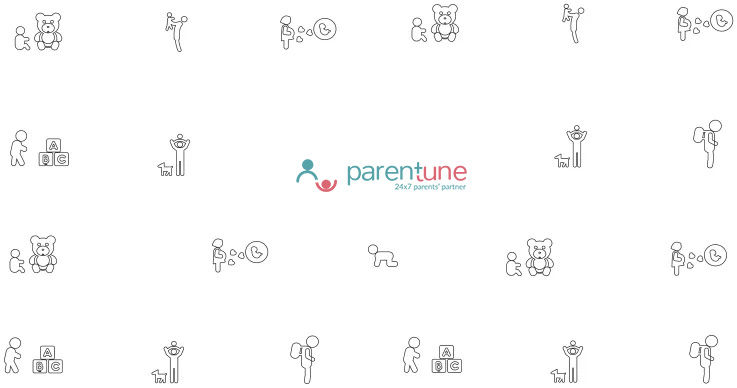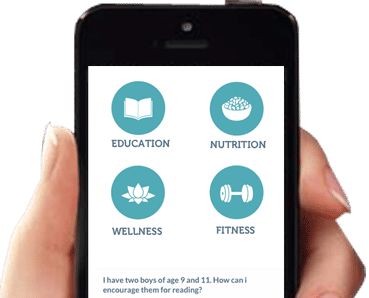From Styling Bollywood To Parenting Teens: Adhuna’s Journey Is One For The Books
Adhuna Bhabani wears many hats, and, for each of the ventures she's picked, she's managed to reinvent the wheel. Her latest foray into the world of artisan yoghurts looks like it's headed the same way. Back in 2004, she became a household name with BBLUNT, a haircare brand that was a culmination of her childhood dream. It all started when her younger sister, Nutana Donaldson, made her promise to learn how to cut curly hair and her visits to a neighbourhood salon with her mother only reinforced her vision. This vision translated beautifully to her ex-husband, Farhan Akhtar's debut film, 'Dil Chahta Hai' and was closely followed by another one of his projects, 'Lakshya'.
Despite selling her stake in BBLUNT, being a part of big-budget Bollywood movies and moving on to yet another promising brand, Gutsy, Bhabani counts her relationship with her daughters as her biggest success in life. "I have an open line of communication with my daughters and I think that is key," she says, adding, "I was an open book when I had my first child and I was lucky to have many amazing women around me who would guide me. Eventually, between you and your child you develop a rapport and almost like a personal language. You hear many people say that a mother can understand a child and what it wants - over time you do understand that a certain cry might be for food and another might indicate she needs to go to the loo."
Regarding her relationship with her children, Bhabani is very clear that it is her daughters who taught her how to be a parent. "I realised, with time, that falling down and getting hurt is just a part of growing up and that I can't be overprotective all the time. When to step in as a parent and when to step back is something you learn on the job, you need to let them have their experiences and only step in when there's real danger (for toddlers and growing children)." Bhabani insists that children need to know that "you're there for them whenever you need them. You need to have an open line of communication and that's the secret of successful parenting". "I evolved as a parent when I listened to my kids, learnt from them and followed their lead. Now I feel really connected to my girls even though they are on the other side of the world," she says about her daughters aged 17 and 24.

After raising two girls to adulthood and sharing a close bond with them, Bhabani might seem like she's always been in control and has had it easy. However, that wasn't always the case. She remembers the teenage phase her girls, Shakya and Akira, went through and has sound advice for parents who are struggling to deal with the mental and hormonal changes at that age. She insists the responsibility lies with the parent, regardless of how a child's behaviour changes with time. "Some might see that phase as rebellion but what we need to remember is that we've all gone through it. It is scientifically proven that there are hormonal changes teenagers go through and it is for the parent to understand that these biological changes happen and to empathise with that." Bhabani also draws a parallel to her childhood when access to information on how to raise kids was limited. "When my parents were raising me, the access to knowledge regarding ADHD and learning disabilities wasn't there. These things are now normalised and talked about, thus there are ways to manage them," she adds. She also agrees that picking a school was and is always a debate with parents. Using her elder daughter as an example, Adhuna cites that when Shakya was going through school, "there was a big change from IGCSE to IB and it was like the kids were an experiment. The system started to change and schools started to adopt the IB curriculum ideas. Shakya had to be flexible and change. In the 9th grade, she had a tough time and we decided to go for home schooling. It was only because Shakya was so committed to it that we were able to get through it. She was self motivated and managed to do all the work herself with minimal guidance from me. It worked for her because of her nature."
In spite of her crucial role in educating her children in India, via home-schooling and IB board, Bhabani recognises the fact that the education system needs to change in order to include kids inclined towards more creative interests. "When Shakya moved on to applying to universities after being home-schooled, it worked well for her because she's a quick learner. However, I don't really agree with everything about the education system, it's hard particularly if your children are more creatively inclined. I had discussions with many parents when I was going through the schooling experience and the consensus was that the system needs to change. The IB system takes a part of the classical system and blends it with an open schooling system thus making learning a little more collaborative," she says.

Despite having successfully navigated the perils of parenting, Bhabani heavily credits her mum, Ann Bhabani, her sister and her mother-in-law, actor and screenwriter Honey Irani for being on speed dial whenever she needed advice as a young mother. "They all had their take on it (parenting), even though I didn't always agree with their take. Back then (when her kids were growing up), it would've been helpful to have a helpline because the first time your child falls sick or has a stomach bug, you panic," she recalls. In such instances, Bhabani would reach out to her mother with a frantic phone call. And even though she agrees this line of communication was helpful at the time, she also understands that it can lead to the blurring of boundaries. In the Indian context, especially, Bhabani recognises the huge impression opinionated grandparents can have on the culture and relationship shared between parent and child. "You need to filter out the good and bad advice (from grandparents) and use the parts that suit your needs in your parental journey," she says.

As we lead to the end of our long, fruitful conversation, Bhabani reflects on the journey she's had as a parent and as a single, working mother. "The world today is very different from it was just two decades ago. Our children are growing up with many influences, bombarded in fact with social media and other things that we never had to deal with plus parents are increasingly away due to work. I remember checking my older daughter for reading a book so late into the night while for my younger one, a decade later, it was a screen. There's a very dramatic, fast-paced change in parenting and child environments. I'm not sure the education we are giving our children is setting them up or preparing them for the world ahead because it is changing so fast. So the best thing parents can do for their kids is to be there for them and make them feel heard. You've made a commitment to be a parent so don't just lay importance on work, find a balance and spend time with them in their development years, especially zero to seven," she concludes.
Location Courtesy: Chakos Goa


